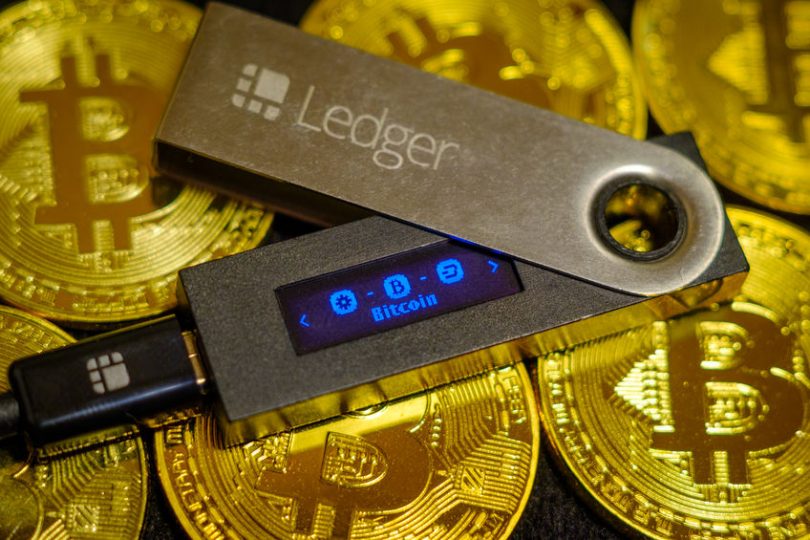In the rapidly expanding world of cryptocurrencies, a crypto wallet is one of the most essential tools for anyone involved in digital currency transactions. It serves as a secure place to store, send, and receive cryptocurrencies like Bitcoin, Ethereum, and others. Whether you’re a seasoned trader or a newcomer to the world of digital assets, understanding crypto wallets is fundamental for safely managing your investments. This article will guide you through the basics of crypto Ledger wallet, their types, and how they work.
What is a Crypto Wallet?
A crypto wallet is a software program or physical device that allows users to interact with blockchain networks to manage their cryptocurrency holdings. It holds the cryptographic keys that are used to access your digital assets on the blockchain. Think of it as a traditional wallet, but instead of storing physical money, it stores keys to your cryptocurrency holdings.
Types of Crypto Wallets
There are two main types of crypto wallets: hot wallets and cold wallets. Each type has its advantages and disadvantages, depending on your security and accessibility needs.
1. Hot Wallets
Hot wallets are connected to the internet and are generally more convenient for frequent transactions. They are commonly used by traders and those who require quick access to their funds. Hot wallets are usually software-based and can be accessed via a computer or mobile device. Examples include:
- Mobile Wallets (e.g., Trust Wallet, Coinbase Wallet)
- Web Wallets (e.g., MetaMask, Blockchain Wallet)
- Desktop Wallets (e.g., Exodus, Electrum)
Advantages of Hot Wallets:
- Easy to use and set up
- Suitable for daily transactions and trading
- Accessible from any internet-enabled device
Disadvantages of Hot Wallets:
- Vulnerable to hacking and phishing attacks
- Less secure due to constant internet connectivity
2. Cold Wallets
Cold wallets are offline storage solutions, making them more secure than hot wallets. These wallets are not connected to the internet, reducing the risk of hacking and theft. Cold wallets are ideal for long-term storage of cryptocurrencies, often referred to as “cold storage.” Examples include:
- Hardware Wallets (e.g., Ledger Nano S, Trezor)
- Paper Wallets (physical paper with printed QR codes and private keys)
Advantages of Cold Wallets:
- Highly secure as they are offline and not exposed to online threats
- Ideal for storing large amounts of cryptocurrency over the long term
Disadvantages of Cold Wallets:
- Less convenient for regular transactions
- Vulnerable to loss or damage (e.g., if a hardware wallet is lost or paper wallet is destroyed)
How Do Crypto Wallets Work?
Crypto wallets operate using two primary keys:
- Public Key: This is like your wallet address. It is shared with others so they can send you cryptocurrency.
- Private Key: This is your secret key that allows you to access and manage your funds. It must be kept secure, as anyone with access to your private key can control your assets.
When you receive cryptocurrency, the transaction is signed using your private key. When you send cryptocurrency, your private key signs the transaction to confirm your ownership and approval. It’s important to remember that anyone who gains access to your private key can potentially steal your funds, which is why keeping it safe is critical.
How to Choose the Right Crypto Wallet
Choosing the right crypto wallet depends on your needs. If you’re someone who trades frequently, a hot wallet might be the best option due to its accessibility. However, if you’re holding significant amounts of cryptocurrency for the long term, a cold wallet is likely a safer choice.
Some factors to consider when choosing a wallet include:
- Security Features: Look for wallets with strong encryption, two-factor authentication, and backup options.
- Ease of Use: User-friendly interfaces are important, especially for beginners.
- Compatibility: Make sure the wallet supports the cryptocurrencies you intend to store.
- Support for Multiple Devices: If you plan to access your wallet from different devices, choose a wallet with cross-device compatibility.





